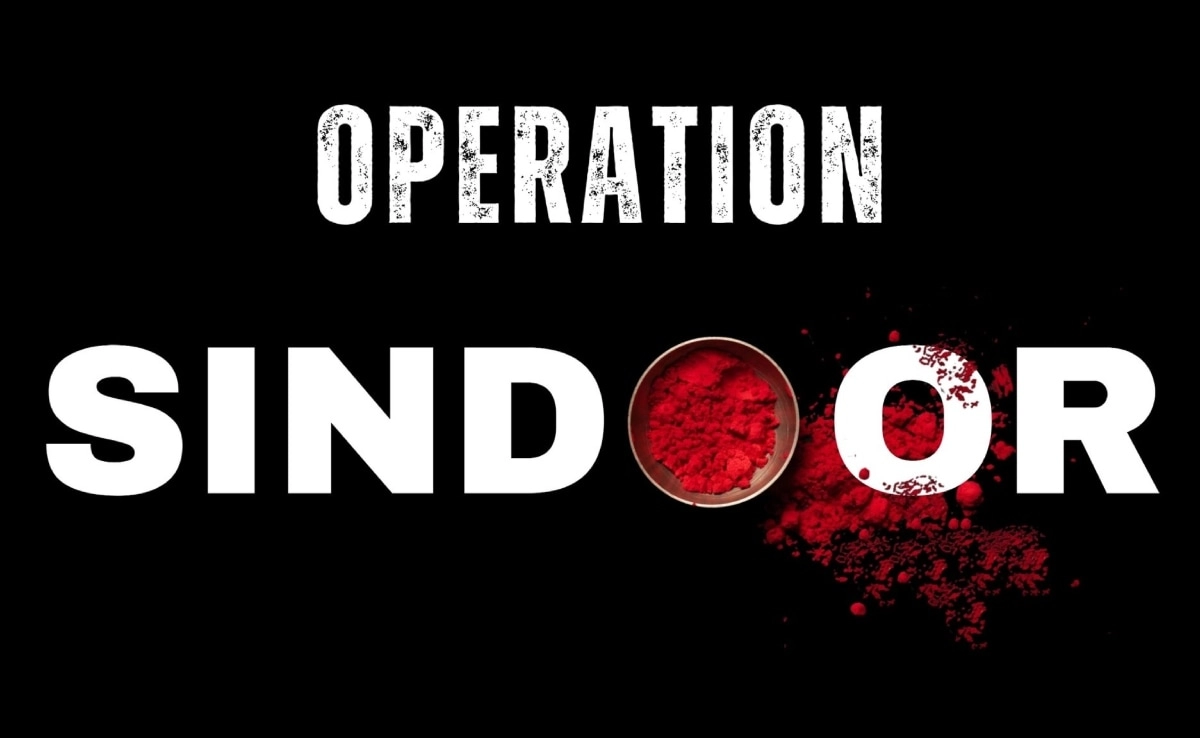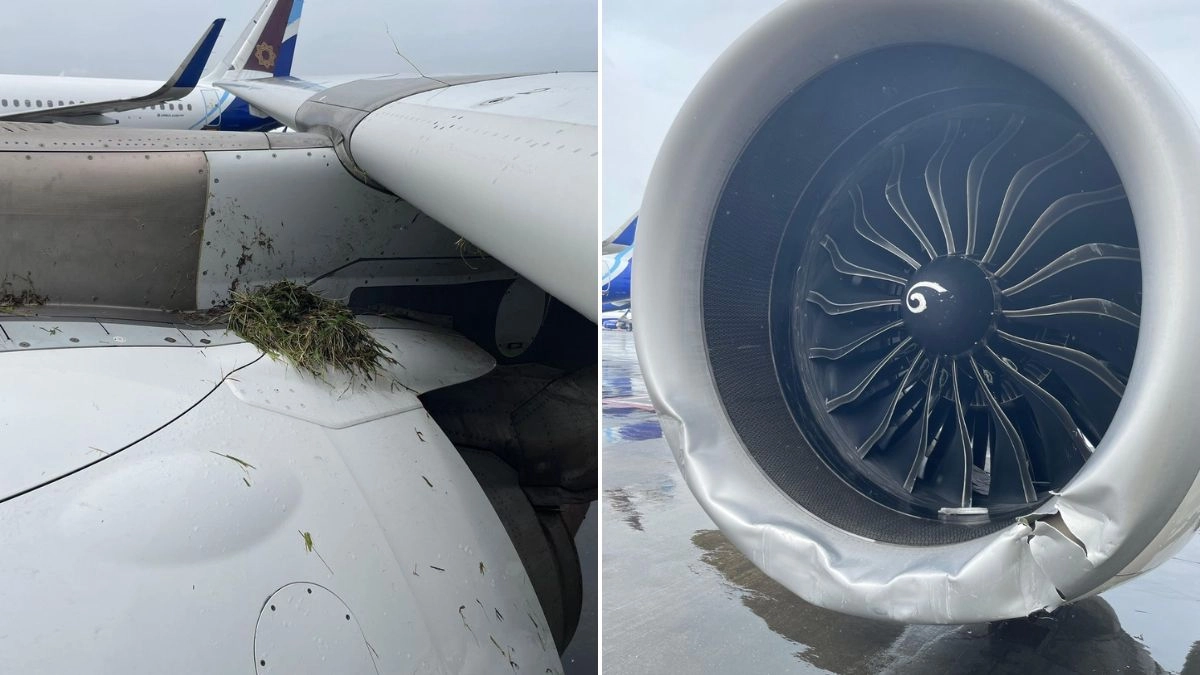Leaders in Madhya Pradesh have come together to advocate for the inclusion of ‘Operation Sindoor’ in the school syllabus, marking a significant push to educate younger generations about this key historical event. Operation Sindoor, conducted in 1989, was a critical military operation that aimed to rescue and rehabilitate individuals who had been caught in the crossfire of political unrest. Those advocating for its inclusion argue that it is essential for students to learn about the sacrifices made by military personnel and the impact of such operations on the nation’s socio-political landscape.
The demand for incorporating ‘Operation Sindoor’ into educational curricula is rooted in a desire to instill national pride and awareness among students. By teaching about such pivotal moments in history, leaders hope to foster a sense of responsibility and understanding of the complexities involved in national security and governance. Proponents believe that an informed citizenry is crucial for the development of a cohesive society, and understanding historical operations like Sindoor can provide valuable lessons on resilience and unity in the face of adversity.
Furthermore, the call for this inclusion has sparked discussions about the broader educational framework in Madhya Pradesh. Advocates are emphasizing the importance of integrating real-life historical events into the syllabus to make learning more relevant and relatable for students. Recognizing that history is not just a collection of dates and events but also a narrative that shapes identity and values, leaders feel that such initiatives can significantly enhance students’ engagement and comprehension of their nation’s past. This move could also pave the way for a more comprehensive understanding of the challenges faced by previous generations and the ongoing implications for contemporary society.
In summary, the push to include ‘Operation Sindoor’ in the school syllabus is more than just an educational reform; it reflects a broader commitment to ensuring that young people are equipped with the knowledge and context necessary to navigate their roles as future citizens. As discussions continue, the outcome may very well influence educational policies and the overall approach to teaching history in Madhya Pradesh. This initiative highlights the importance of connecting past events with present-day realities, encouraging students to learn from history as they prepare to shape the future.




